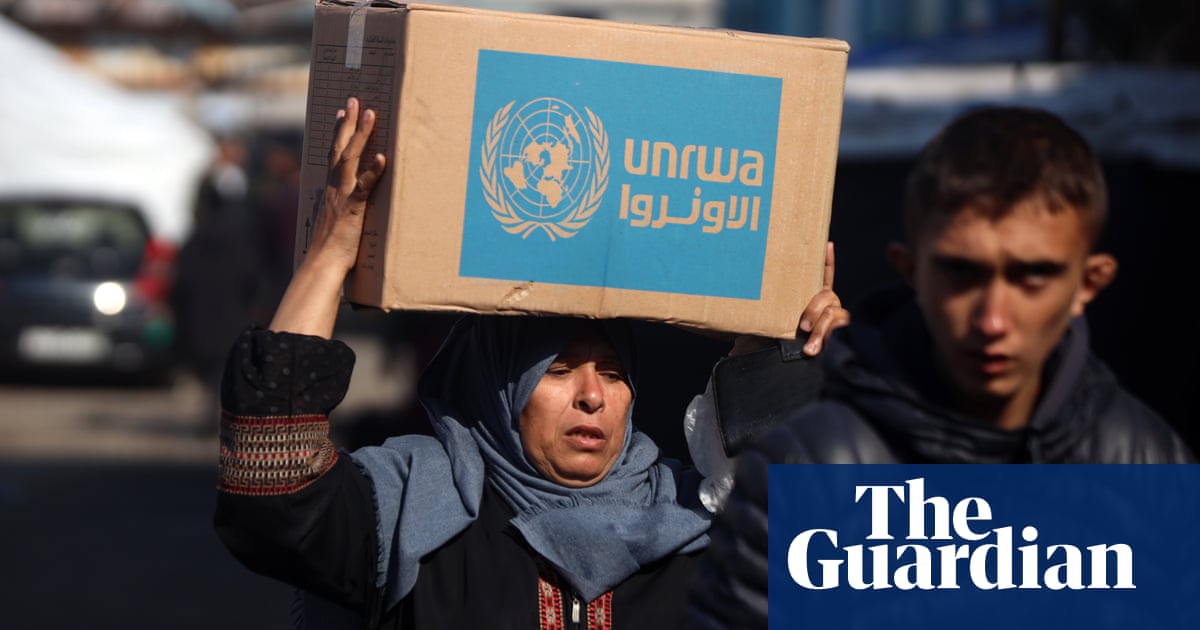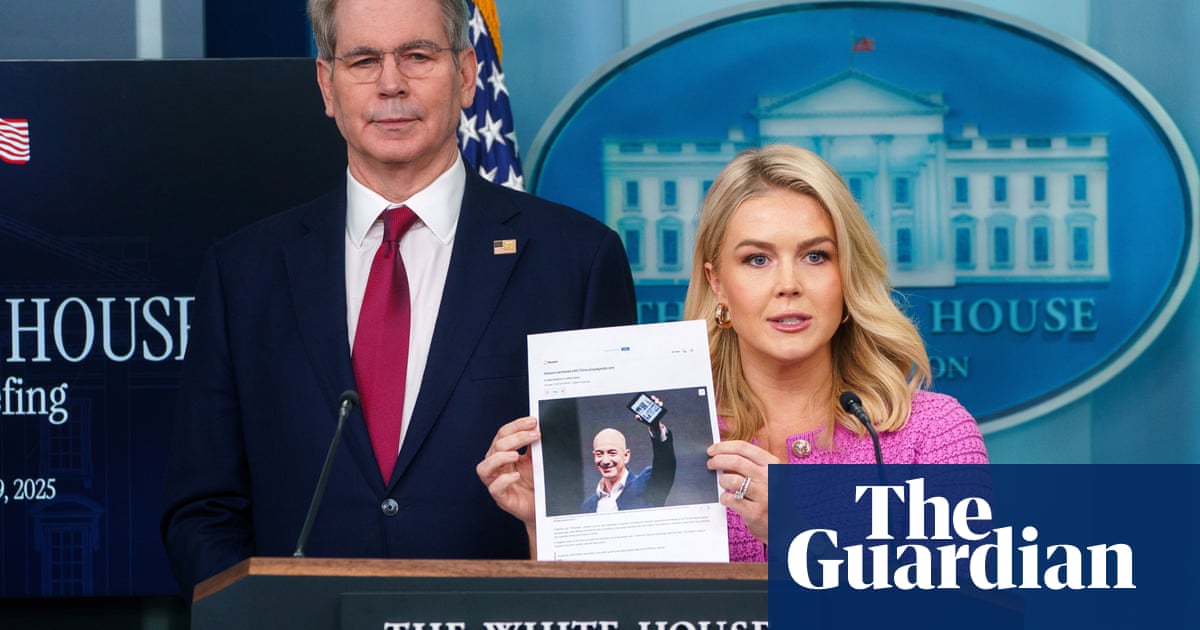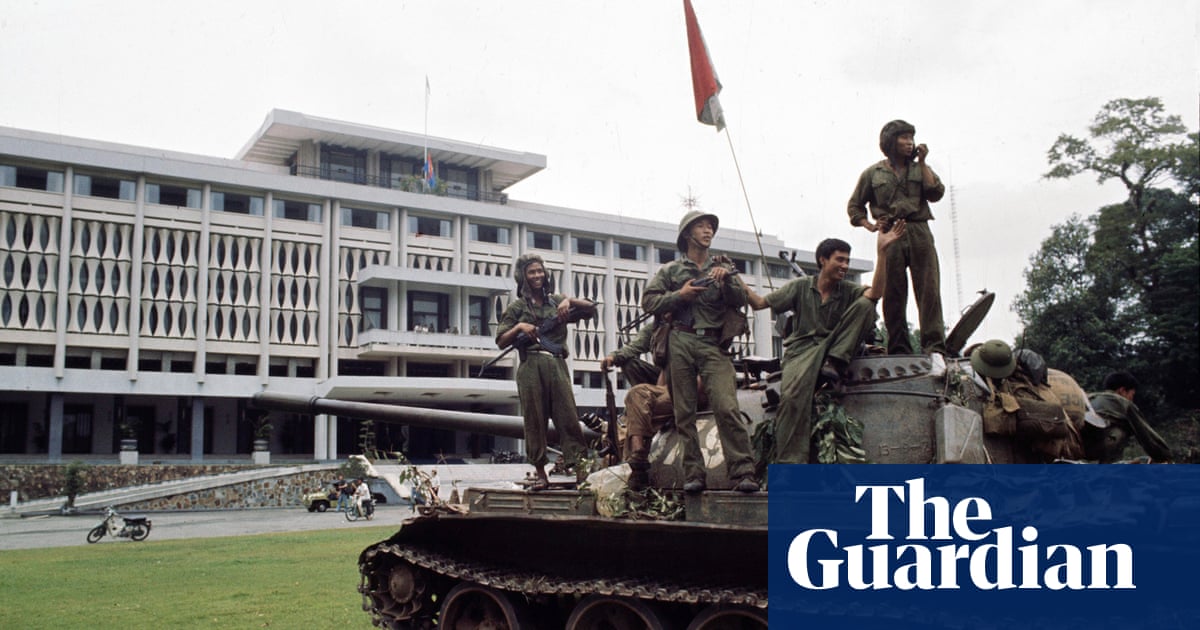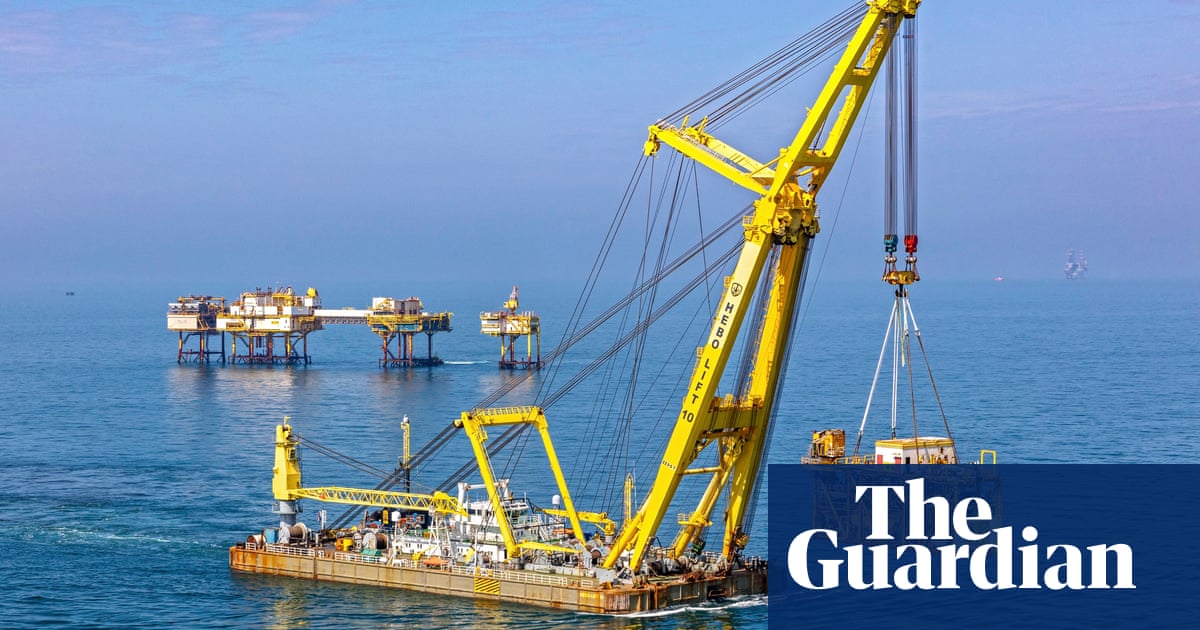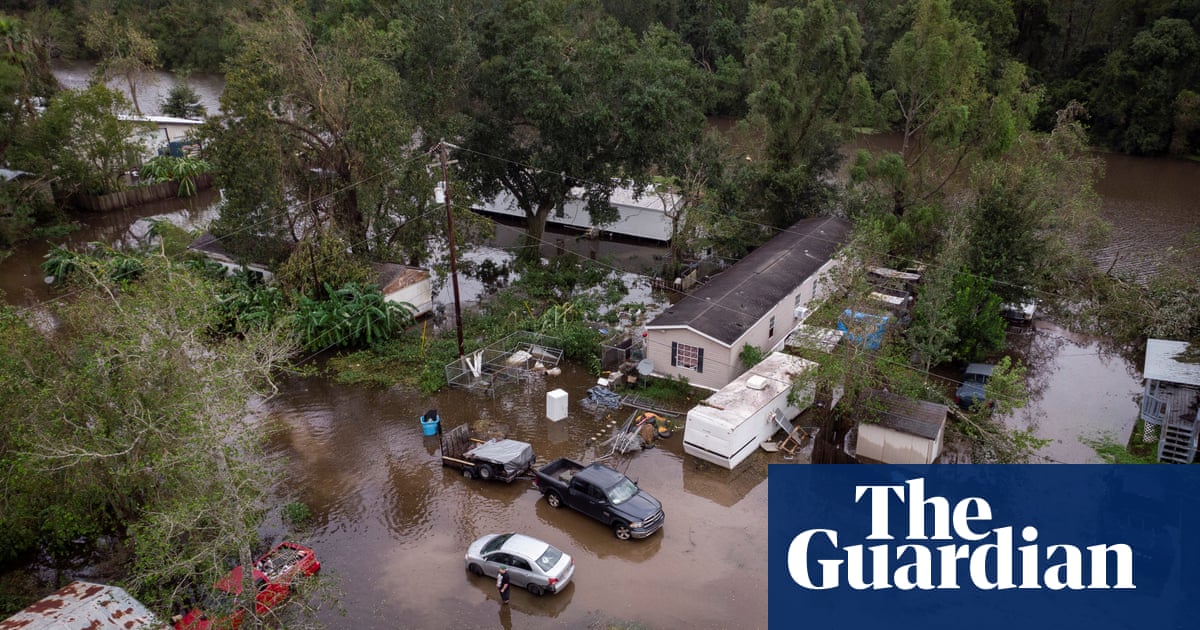In July 2023, Ali Haider Dogar was one of tens of thousands of farmers in central-eastern Pakistan whose crops were submerged after India released water from the Sutlej River into Pakistan in an attempt to mitigate flash floods in its own northern regions.
Dogar, whose family’s losses in 2023 ran to tens of thousands of pounds, said every farmer in his village in Punjab was fearing the worst in the comings months after India suspended the Indus waters treaty, following a deadly attack on tourists in India-administered Kashmir that India has pinned on Pakistan.
Islamabad denies any involvement in the attack, in which 26 people were killed. As well as suspending the treaty, Delhi has suspended trade with Pakistan, summoned and expelled its diplomats, and suspended visas for Pakistanis. Pakistan has also suspended all trade with India and closed its airspace to Indian airlines.
The Indus treaty governs the distribution and use of waters from the Indus River and its tributaries, which feed 80% of Pakistan’s irrigated agriculture and its hydropower. Dogar said its suspension had “sent shivers down our spines”.
“We fear India can cause flash floods or stop water destined for our crops,” he said. “India can starve us. Because now India won’t be responsible to share any data about flash floods or dam projects with Pakistan.”
For decades, India has accused Pakistan of backing the violent separatist insurgency in Indian-administered Kashmir. Islamabad condemned the recent attack and called allegations of its involvement “baseless”.
Authorities in Islamabad have described the suspension of the water treaty as “an act of war”.
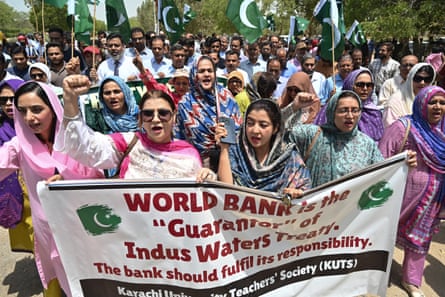
When both countries came into being as a result of partition in 1947, the source rivers of the Indus basin were all in India. Years of negotiation followed, before the treaty was brokered by the World Bank in 1960, giving control of the eastern tributaries to India and the western tributaries to Pakistan. The treaty has survived three wars between the nuclear rivals and is considered one of the world’s most successful water-sharing endeavours.
Pakistan has an agrarian economy and a breadbasket that is dependent on the treaty. “Water is our life. We can’t compromise on it,” said Khalid Khokhar, president of the Farmers’ Association. “If they do it, this is a war. My ancestors were farmers as well. In times of crises the farmers sell the family’s jewellery, borrow money and do anything possible for farming. The water level is already low because of less rain and we are already very worried. There should be no politics on water. It is our lifeline.”
Government officials and experts on both sides say India cannot stop water flows immediately, because the treaty has allowed it to build only hydropower plants without significant storage or dams on the three rivers allocated to Pakistan.
“In the short term, there may not be any direct practical implication,” Himanshu Thakkar, coordinator of the India-based South Asia Network on Dams, Rivers and People, told Agence France-Presse at the weekend. “Any safe infrastructure to divert water, beyond what is happening now, takes years, mostly more than a decade”.
India’s existing dams do not have the capacity to block or divert water. “India cannot immediately stop the flow of these rivers, as it is technically unfeasible and economically not viable,” said Naseer Memon, a Pakistani water expert. But Memon warned of “disastrous” consequences if Delhi started to ignore its obligations to inform authorities in Pakistan about development on the rivers in the future. “This would be a humanitarian crisis. Millions of lives would be at stake.”
India’s suspension letter sent to Pakistan said there had been “fundamental changes to the circumstances” since the deal was signed, including “population dynamics” as well as a “need to accelerate the development of clean energy”.
The precious resource is being sucked up by increasing populations and surging agricultural requirements, as well as hydropower projects fuelled by rising energy needs.
A senior Pakistani security official, requesting anonymity, claimed that India had been planning for some time to withdraw from the treaty and was using the Kashmir attack as an excuse. “We can’t sit and allow India to do it,” the official said. “The international community must play its role.”

.png) 5 hours ago
6
5 hours ago
6


